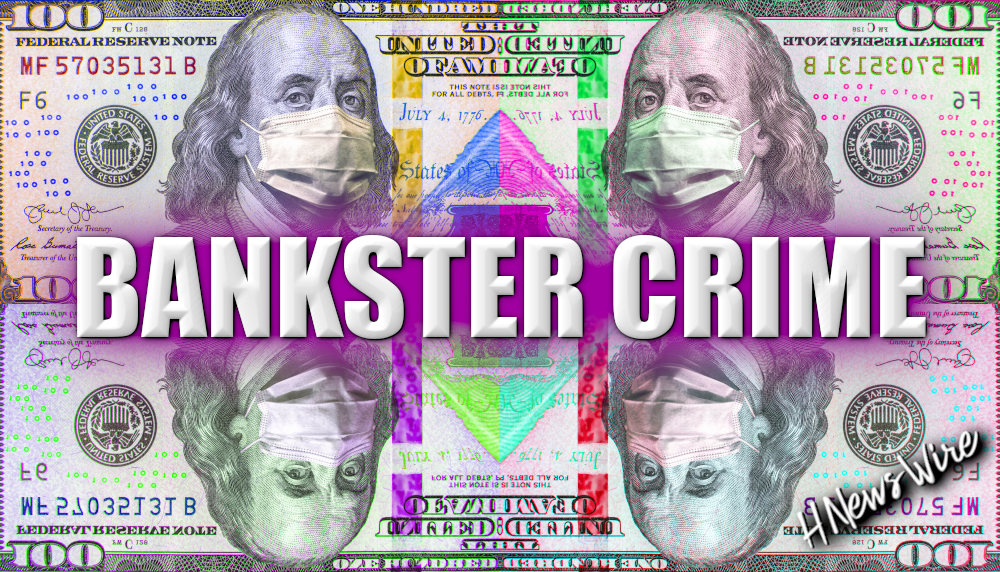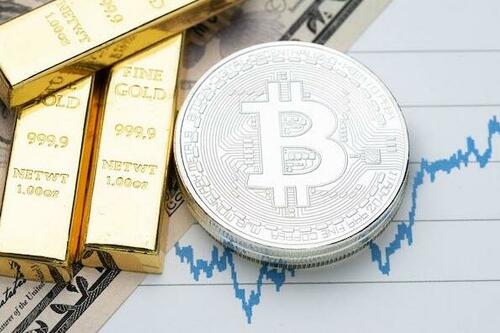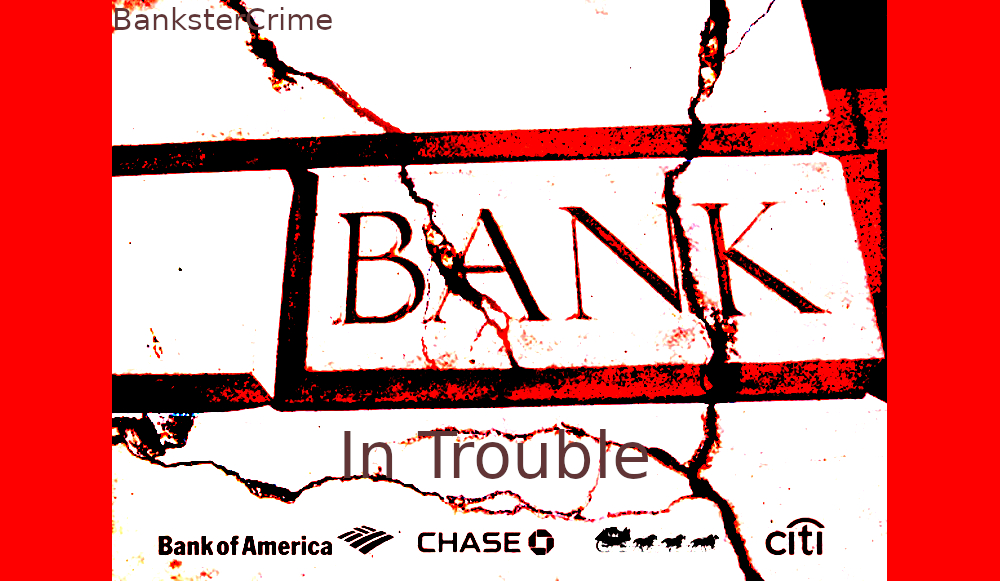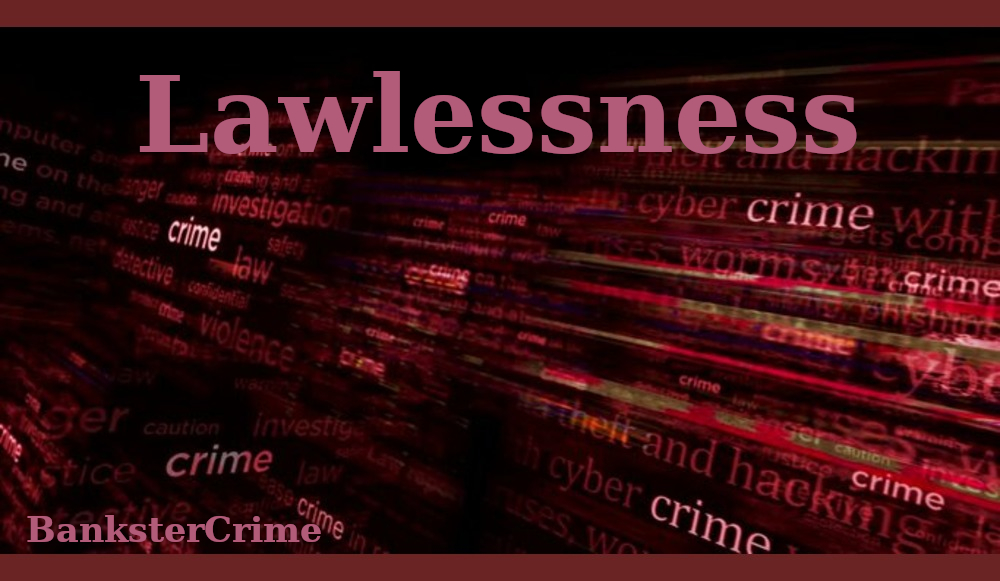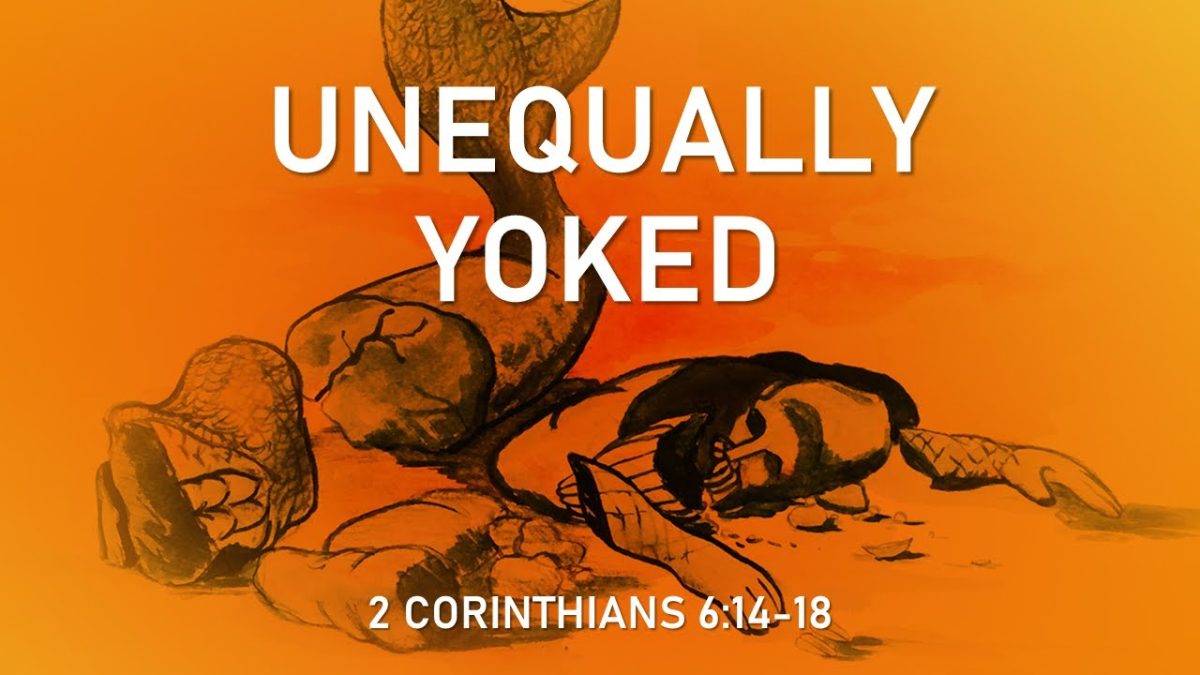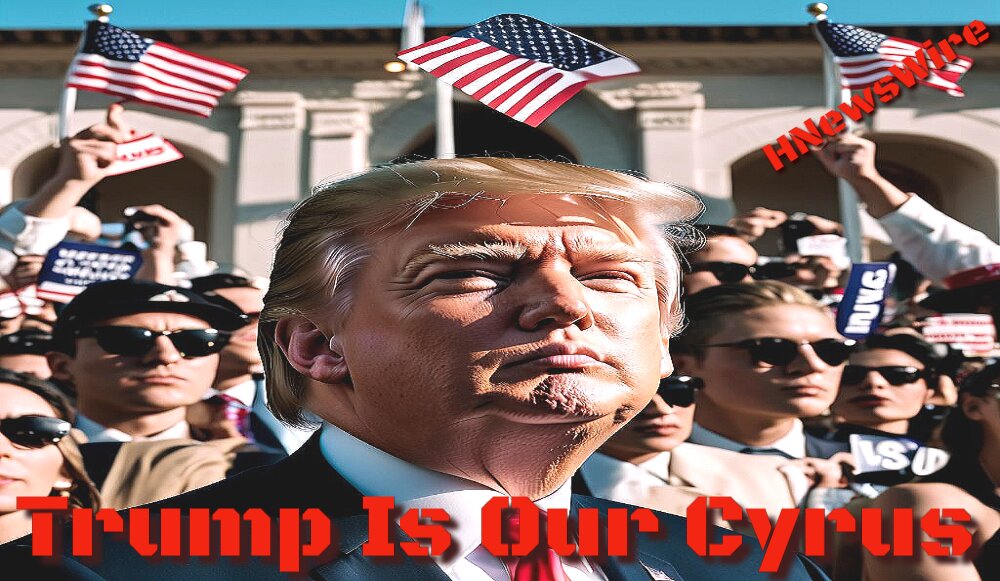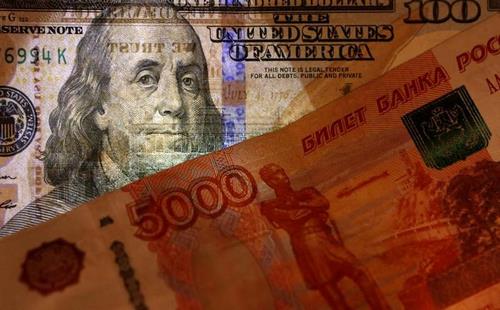Gold Is the Most Trusted Currency in the World and Has Been for Over 2,500 Years. However, With the Advent of Bitcoin, There Is Now a New Alternative to Dollars

Authored by Nick Giambruno via InternationalMan.com,
International Man: For over 2,500 years, gold has been mankind’s most enduring money.
However, with the emergence of Bitcoin there is a new hard money option.
How do you see the two as governments worldwide continue to engage in rampant currency debasement and are rolling out central bank digital currencies (CBDCs)?
Nick Giambruno: First, I am all for free-market competition in money.
I say let the best money win.
Having a handle on the basics is crucial to understand what is happening here.
Money is a good, just like any other in an economy. And it isn’t a complex notion to grasp.
It doesn’t require you to understand convoluted math formulas and complicated theories—as the gatekeepers in academia, media, and government mislead many folks into believing.
Understanding money is intuitive and straightforward.
Money is simply something useful for storing and exchanging value. That’s it.
The way I see it, three primary monetary goods are competing against each other today: Bitcoin, gold, and fiat currency.
Fiat currency is currently the dominant form of money in the world.
But that status is fleeting as central banks are debasing their currencies at breathtaking speed.
CBDCs are a desperate, last-ditch effort to keep the fiat currency scam going—a Hail Mary.
To escape the collapsing fiat system and CBDC enslavement, many millions—soon billions—of people are turning to monetary alternatives like gold and Bitcoin.
Fiat currency is a fraud of historic proportions that causes incomprehensible damage. So I am rooting for both gold and Bitcoin in this three-way war for monetary supremacy.
International Man: Can you explain Bitcoin’s monetary qualities?
Nick Giambruno: Bitcoin shares many of gold’s monetary characteristics. They’re both durable, divisible, consistent, convenient, scarce, and most importantly, “hard assets.”
“Hardness” does not mean something that is necessarily tangible or physically hard, like metal. It means “hard to produce.” By contrast, “easy money” is easy to produce.
The best way to think of hardness is “resistance to debasement,” which helps make it a good store of value—an essential function of money.
The most important characteristic of a good money is that it is credibly “hard to produce.”
All other monetary characteristics are meaningless if the money is easy for someone to produce.
Like gold, Bitcoin does not have counterparty risk.
In other words, Bitcoin and gold are the only primarily monetary assets that aren’t simultaneously someone else’s liabilities.
Gold has established itself as money over thousands of years. Bitcoin is a new and emerging money.
Bitcoin is like hard money with a call option based on its further monetization, which is an excellent bet.
A lot more can be said on this topic, but this sums up the essential points.
International Man: What about CBDCs?
Nick Giambruno: Despite all the hype, CBDCs are nothing but the same fiat currency swindle on steroids.
It’s doubtful CBDCs can save otherwise fundamentally unsound currencies—as I believe all fiat currencies are.
If the current fiat system is not viable, then CBDCs are even less viable as they enable the government to engage in even more currency debasement.
Would a CBDC have saved the Zimbabwe dollar, the Venezuelan bolivar, the Argentine peso, the Lebanese lira, or the Nigerian naira?
I don’t think so. And a CBDC won’t save the US dollar or the euro from their fates either.
There are a lot of bad things that come with CBDCs. But there’s a silver lining…
CBDCs are going to introduce and familiarize people with using digital currencies. It’s then only then a matter of time before they discover Bitcoin.
CBDCs and Bitcoin share some characteristics.
For example, they are both digital and facilitate fast payments from a mobile phone. But that is where the similarities end.
The reality is that CBDCs and Bitcoin are entirely different in the most fundamental ways.
You need the government’s permission and blessing to use a CBDC, whereas Bitcoin is permissionless.
Governments can (and will) create as many CBDC currency units as they want. With Bitcoin, there can never be more than 21 million, and there is nothing anyone can do to inflate the supply more than the predetermined amount in the protocol.
CBDCs are centralized. Bitcoin is decentralized.
Governments can censor transactions and freeze, sanction, and confiscate CBDC units whenever they want. Bitcoin is censorship-resistant. No country’s sanctions or laws can affect the protocol.
There is no privacy with CBDCs. However, with Bitcoin, if you take specific steps, it is possible to maintain reasonable privacy.
CBDCs are government money that are easy to produce and give politicians a terrifying amount of control over people’s lives. On the other hand, Bitcoin is non-state hard money that helps liberate individuals from government control.
In short, CBDCs are a pathetic attempt to compete with Bitcoin.
CBDCs make an inferior form of money even worse, but at the same time, they are an excellent Trojan Horse for Bitcoin.
It doesn’t take much imagination to see that once governments inevitably inflate their CBDC units, censor transactions, freeze people’s accounts, and confiscate funds, it will push people to look for better digital alternatives, first and foremost Bitcoin.
That’s how, contrary to conventional wisdom, CBDCs could be an enormous catalyst for Bitcoin adoption.
International Man: Couldn’t governments simply ban Bitcoin?
Nick Giambruno: Bitcoin threatens a major source of the government’s power—the power to create fake money out of thin air and force everyone to use it. There’s no question they’ll try to protect this racket from Bitcoin. The question is whether they’ll be successful.
Remember, the powerful Chinese government has banned Bitcoin numerous times with little to no long-term effects as adoption grows.
That’s because it’s entirely impractical for governments to ban Bitcoin. They’re no match for the economic incentives that attract millions—soon billions—of people, and increasingly, corporations, and even nation states to a harder and superior form of money.
Further, all aspects of Bitcoin are genuinely decentralized and robust. The best that governments can do is play an endless game of global whack-a-mole.
Governments in Argentina and Venezuela have laws restricting their citizens from accessing US dollars. However, these laws have little effect on their citizens’ desire and ability to use them. These actions just create a thriving black market, or, more accurately termed, a free market.
Similarly, governments have tried to ban cannabis for decades, which hasn’t worked out very well for them.
Bitcoin would be infinitely more challenging for governments to ban than US dollars or a plant.
I would like to see governments try to ban Bitcoin because they’ll fall flat on their faces.
It’s doubtful any government will be more successful in banning it than the Chinese government was.
A failed attempt to ban Bitcoin will reinforce its value proposition as a superior form of money nobody controls.
International Man: Where do you see the Bitcoin price going?
Nick Giambruno: What we have with Bitcoin is an entirely new asset that millions worldwide are adopting as money because of its superior monetary properties, namely its total resistance to debasement.
The monetization of the new monetary good is genuinely unlike anything anyone alive has ever seen.
It took gold centuries to achieve monetization. Bitcoin has a good chance of undergoing monetization in a much shorter period.
The market cap for Bitcoin today is around $600 billion.
The market cap for all the mined gold in the world, which took thousands of years to accumulate, is about $12.7 trillion.
That means Bitcoin has a market cap roughly equal to 5% of gold’s and is already well on its way to monetization.
Assuming gold stays flat and Bitcoin goes up 20x, it would have a market cap roughly equal to gold. At that point, a single Bitcoin would be worth over $620,000. I think that’s a real possibility in the next ten years, though it could happen much sooner.
If that sounds outrageous, consider this…
Ten years ago, the Bitcoin price was around $100. Today, it’s roughly 310x that.
Bitcoin has made numerous breathtaking moves to the upside in the past. I think it can do it again, especially as corporations, institutional investors, and even nation states start buying Bitcoin for the first time. Of course, it’s important to remember that past performance does not indicate future results for any investment.
Here’s the bottom line.
Few people are aware of what is really happening with Bitcoin.
And even fewer know how to prepare.
That’s why I’ve just released an urgent PDF report revealing three ways you can do that.
Check it out as soon as possible because it could soon be too late to take action. Click here to get it now.

Treat your skin well. Our soaps are gentle and produce a smooth creamy lather that is nourishing to your skin. They are handmade in small batches. We use only high-quality natural ingredients. No chemicals, no sodium laurel sulfate, no phthalates, no parabens, no detergents. GraniteRidgeSoapworks
Use the code HNEWS15 to receive 15% off your first purchase.
Revelation: A Blueprint for the Great Tribulation


A Watchman Is Awakened


Will Putin Fulfill Biblical Prophecy and Attack Israel?
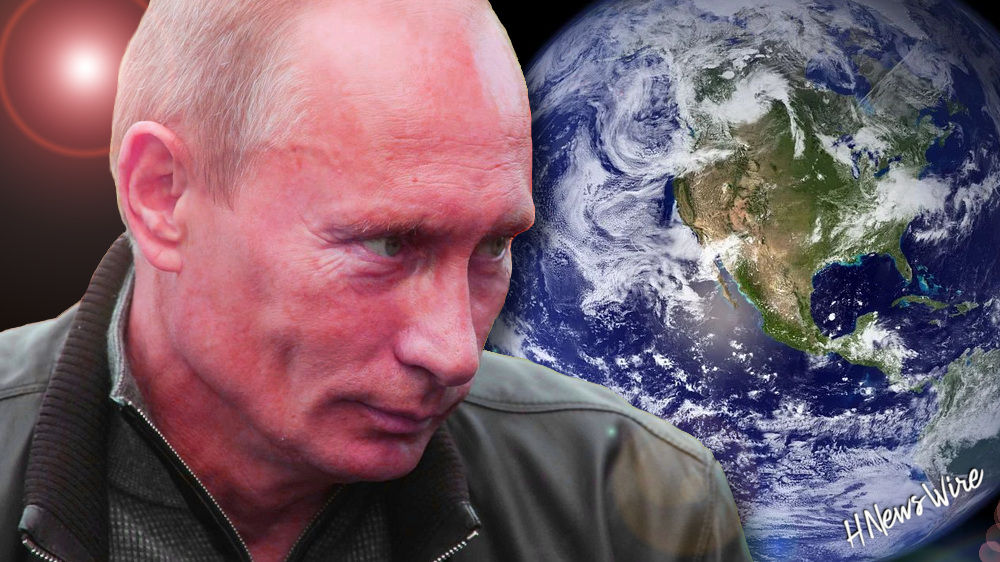


Newsletter
Orphans
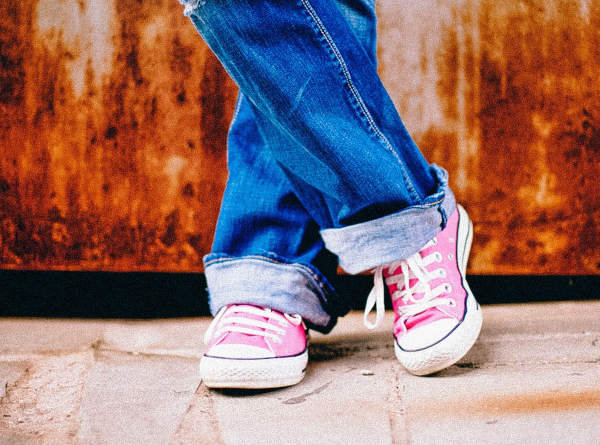
Editor's Bio

